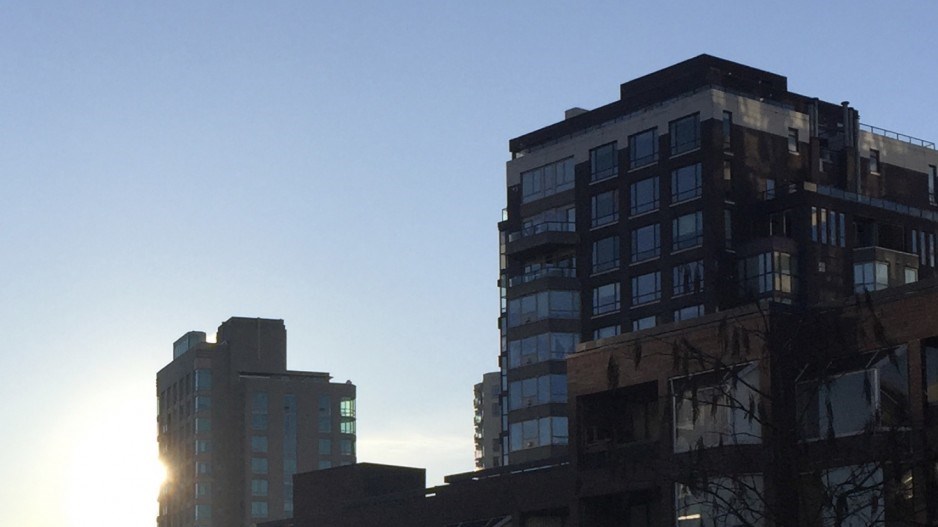B.C. Finance Minister Carole James on March 26 announced major changes to what her government calls a “speculation tax” on unrented second homes, and made clear that British Columbians who own cabins and vacation homes will be exempt from the tax, once it becomes law later this year.
The changes come after many municipal representatives lobbied government to either exempt their communities or scrap the tax altogether. Liberal housing critic Sam Sullivan also called on the government to scrap the planned tax because he said it is "xenophobic."
The tax was originally said to apply to the entire regional districts of Metro Vancouver, the Fraser Valley, Victoria (Capital Region) and Nanaimo, and the municipalities of Kelowna and West Kelowna.
James, however, announced refinements to those areas so that small islands and smaller communities in regional districts – particularly the Capital Regional District and Nanaimo Regional District – will be exempt.
Another huge change to the way the tax will be levied is that the tax rate will be different depending on where the home owner’s primary residence is located.
“British Columbians who own vacant homes in the designated urban centres will be taxed at a rate of 0.5% of the property value in 2018, and beyond,” James said, referring to Canadian citizens and permanent residents.
Initially, the tax rate for everybody was supposed to be 0.5% of the property’s assessed value in the 2018 tax year and then 2% of that assessed year in each forthcoming year. James said on February 20, when the tax was first revealed, that there would be a system of tax credits that would somehow compensate the vast majority of British Columbians.
She clarified on March 26 that those citizens and permanent residents whose primary residence is in B.C. and who own a second home in any of the affected areas with a value up to $400,000 would be exempt from the tax on that second home.
British Columbians who are citizens or permanent residents and have a second home in an affected area with a value above $400,000 would only have to pay the speculation tax on the value of the home above $400,000.
Canadians who are citizens or permanent residents will also get a bit of a tax break.
“The tax rate for Canadians, who don’t reside in B.C., will start at 0.5% [of the property’s assessed value] in 2018, and increase to 1% in 2019 and beyond,” James said.
The tax rate for non-Canadians, and for what James called “satellite families,” will remain as it was when the tax was first announced: 0.5% of a property’s assessed value in 2018, and 2% of that assessed value starting in the 2019 tax year.
James said that despite her government lowering these tax rates, the government still intends to get from the speculation tax the same $87 million in revenue in the 2018-19 fiscal year and $200 million in each subsequent fiscal year. This is because its initial estimates for the revenue were "conservative."
James also said that there could be some “special exemptions” for situations such as when a senior citizen moves into a long-term care facility or if someone in a family passes away and the family is in the process of sorting out the will.
She added that exemptions will also be available if a person’s second home is in a strata building that does not allow rentals, and clarified, when asked by Business in Vancouver, that this would only be allowed for strata buildings that currently have this regulation, and that this exemption would be for an unspecified “temporary" period.




